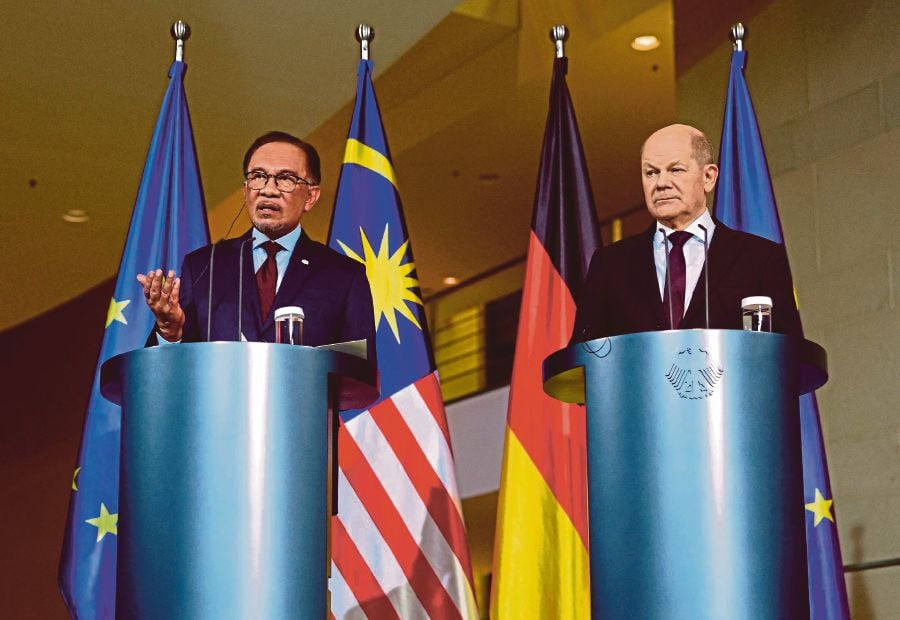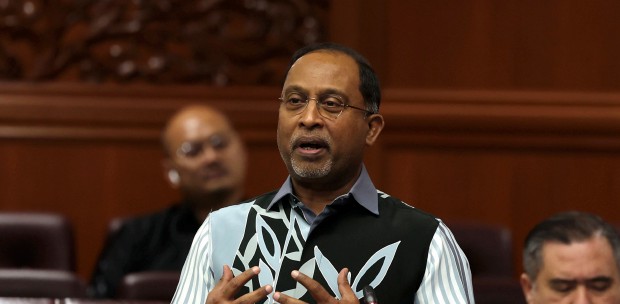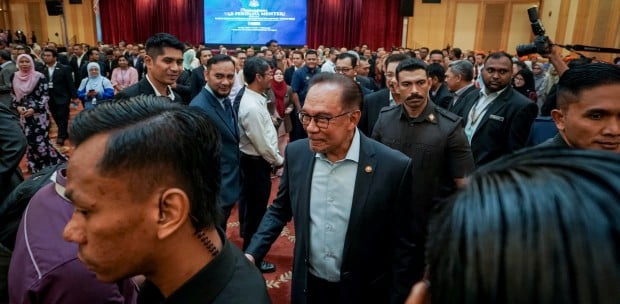IN 1983, Malaysia took the bold step of placing on the United Nations agenda, for the very first time, a new subject simply titled "Question of Antarctica".
The introduction of this subject, with Antigua and Barbuda as its co-presenter and with the backing of the Non-Aligned Movement, moved what had previously been an elitist and hitherto closed-door discussion to the attention of the international community.
As a concern, Antarctica was outside the concentric circle of Malaysia's foreign policy. But as a strategy, the question of Antarctica firmly placed Malaysia as a major player in international diplomacy.
The introduction of a "common heritage of mankind" as a basis for concern when it came to Antarctica further consolidated Malaysia's position in world affairs.
We were able to do this — to move a subject from obscurity into the limelight — because we had support.
We had friends who were willing to lend their voices to ours. We had countries that were willing to follow where we led.
That was four decades ago.
These last few years have not been kind to us, as far as Malaysia's standing in the international community goes. One should only grow from strength to strength as the years go by, but somehow, we seem to have stood still.
Other countries have consolidated their strengths and their voices, and emerged as forces in their own right.
While we bickered internally, and focused inwards, our position in the eyes of the world somehow slipped.
Not too far, perhaps, but we have providence and luck to thank for that.
Economically , we could still hold our own, but politically, we were nowhere near the stature we had fought so hard to achieve.
Much of what happens in the international arena is centred around perception and marketing.
Perception relates to how others view a country's strengths (perceived or otherwise), its positioning, its policy stance on various issues and subjects, and its reliability as a partner.
A country in disarray domestically cannot hope to be the beacon of hope to others.
Countries position themselves to become visible. This is part of the marketing undertaken by every country that seeks a role on the world stage.
The country needs to have people know that it is here, and that it means business.
Visibility can only be achieved when you appear in public. It cannot be projected from the comfort of your own home.
This is why so many world leaders make the annual pilgrimage to the UN headquarters in New York every September.
Leaders go to General Debate of the UN General Assembly for their chance to be seen, to hold court with counterparts, and to promote themselves and their countries.
Though the UN website claims that it is also a chance for the leaders to "discuss world issues", with so many people to meet it is unlikely that much in-depth discussions can be held.
This is why high-level visits are important.
The first three months of this year have seen a slew of visits to Malaysia — from the Kyrgyz Republic (two!), Hungary, India, Czech Republic, Uzbekistan, the Philippines, Singapore, Vietnam, Argentina and Russia.
Visibility is assured in the media coverage that is often accorded, the ceremonial events that take place, and social media postings of the visit.
Visits by a country's leader are an integral part of foreign policy projection.
To the layman and the uninitiated, when the prime minister travels abroad, he is incurring costs to Malaysia. This is the furthest from the truth.
Every visit abroad is an investment. Sometimes not so much in monetary terms, but definitely in terms of perception, visibility and friend-shoring.
In Malaysia's case, the monetary returns thus far have been impressive.
When the prime minister visited China, RM170 billion worth of investment commitments were secured.
Just last month, a visit to Germany secured RM45 billion, and before that, RM25 billion from the visit to Australia.
These were additional investments, and contribute to the country's economic development.
These are the propellers of Malaysia's future growth.
Malaysia needs to reclaim its place on the world stage, or else we run the risk of turning around and finding that there's no one behind us, and no one to have our back.
The writer is a foreign service officer who has served in bilateral and multilateral posts






